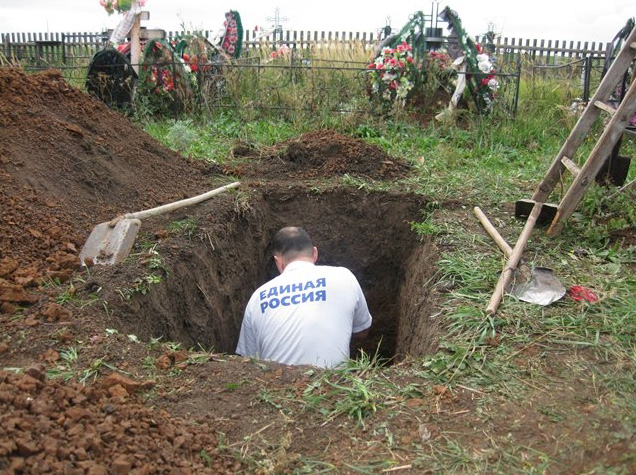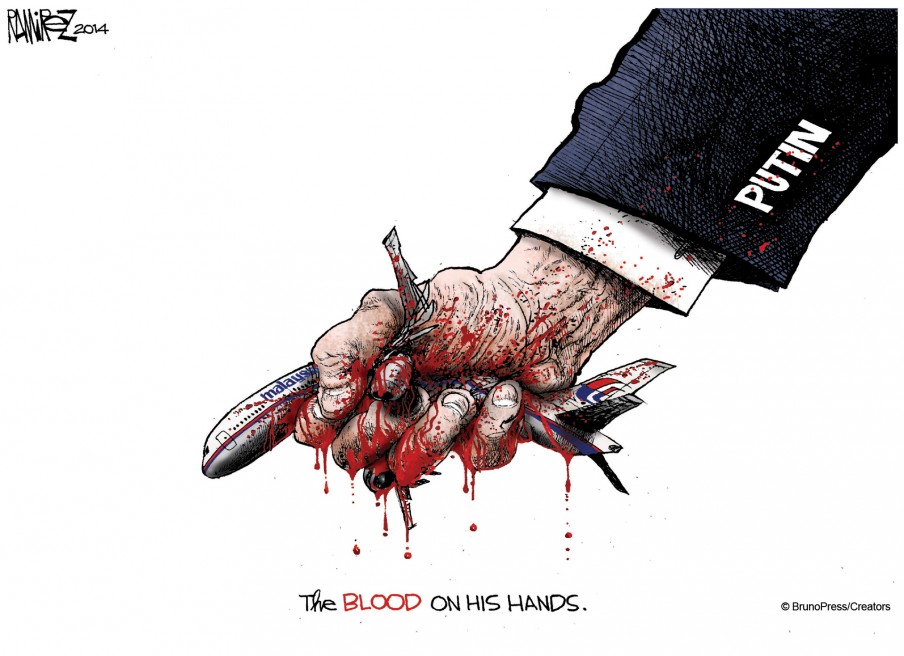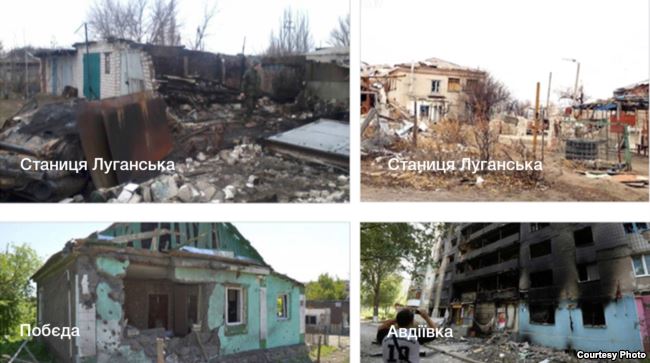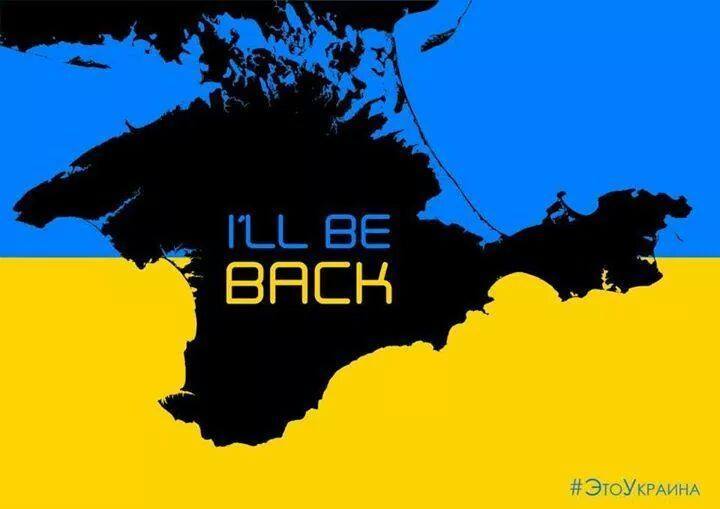Russia’s economic development ministry says that the country’s GDP growth will be approximately half of one percent lower each year because of projected declines in the number of workers in Russia in the coming decades, a decline that the ministry says must be fought by increasing immigration.
But any immigration sufficient to cover that decline in the size of the working-age cohort will not only increasingly consist of people who are culturally, linguistically and religiously dissimilar to the current residents of Russia and accelerate the shifting balance between Orthodox and Muslims in its population.
Russia could avoid this problem by dramatically increasing labor productivity, something the government and most experts do not think is possible, or by driving down mortality rates among working age Russian males, a step that would be very expensive, or attracting back into the workforce pensioners, a step with unpredictable political consequences.
As a result, the Russian government, far sooner than many have predicted, will face a Hobson’s choice between slower economic growth or even accelerated economic decline and a changing ethnic and cultural balance that will certainly exacerbate tensions within society by dramatically increasing the share of Muslims in the population of Russia.
Irina Grigoryeva of Izvestia reports today that the economic development ministry says that in the coming years, Russia will lose one million working age Russians annually and that if steps to compensate for this aren’t taken, that alone will cut GDP growth by 0.4 to 0.5 percent.
The ministry believes that Russia can make up for this demographic decline by boosting labor productivity, but Russian experts and politicians say that this is likely impossible. They are also skeptical about reducing mortality rates or attracting pensioners back to the workforce.
If they are right – and they have recent history on their side – Russia will have to attract a dramatic increase in the number of immigrants. Most of these will come from Central Asia or the South Caucasus, and they will be increasingly different from the Russians with whom they will be working.
Many will no longer speak Russian fluently if at all. Many will not identify with the Soviet collective of the past but rather with their own countries. And many will be offended by the increasing xenophobia among Russians, attitudes that are making these people more nationalistic and even anti-Russian than would otherwise be the case.
But the big change will be in the demographic make-up of the Russian Federation’s population. Three factors are driving this:
- First, non-Russians and especially Muslim nations within Russia have higher birthrates than do ethnic Russians.
- Second, ethnic Russian males suffer disproportionately higher death rates among working age groups.
- And third, immigration in the future will add almost exclusively to the Muslim side of the balance.
It is already the case that the share of Muslims in Russia is far higher than the Kremlin admits especially if one includes the 12 to 15 million gastarbeiters who are disproportionately from Central Asia and Azerbaijan and Muslim rather than Orthodox.
And that means, if the Russian government is to avoid presiding over economic growth far lower or even negative than it wants, Moscow will have to take in more immigrant workers and these workers will leave it with a population very much less Russian and Orthodox Christian than the Kremlin will like and stability would appear to require.
Related:
- ‘Islam is changing Russia rapidly and profoundly,’ Polish writer says
- Putin’s policies make clash of Orthodox and Islamic civilizations in Russia more likely
- Demographic decline powering rise of dedovshchina in Russian and Belarusian armies
- Declining birthrates among Russians accelerating demographic decline, Rosstat figures show
- Profound contraction of ethnic Russians in former Soviet republics since 1989
- Russian military’s spring draft shaped by demography and economics
- Chinese to become second largest ethnicity in Russia, Moscow demographer says
- Russian aggression in Ukraine reflects major demographic considerations
- 10% decline in number of births in Russia frightens economists
- Seven things Russians need to understand about their country and themselves now
- Moscow’s manipulation of statistics seen getting even worse in run-up to Putin’s re-election







